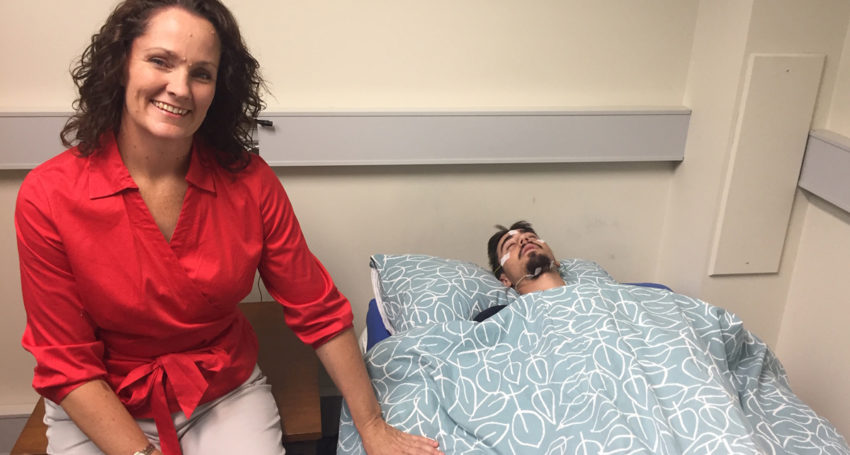Study seeks to link sleep with emotional regulation in Asian teens
Health & Medical
A link between lack of sleep and poor emotional control among teenagers in South East Asia is being investigated by researchers in South Australia.

Sign up to receive notifications about new stories in this category.
Thank you for subscribing to story notifications.

The collaboration between Flinders University in Adelaide, South Australia and Duke-NUS in Singapore, seeks to further establish the association between sleep and poor behavioural and emotional outcomes.
It follows a recent Flinders University study that linked shorter sleep duration to poor decision-making and anti-social behaviour.
Flinders University Research Fellow Dr Michelle Short said the study focused on South East Asian teens because they were known to be among, the most at-risk populations for decreased levels of sleep.
“We know that kids from South East Asian countries like Korea, Japan and China have the worst sleep out of any teens in the world,” said Dr Short.
“There is a trend of decreased sleep in pursuit of academic achievement. These teenagers also have higher suicide risks which is linked to mood regulation and academic pressure.”
The Australian National Sleep Foundation recommends that adolescents have between 8 to 10 hours of sleep per night.
The experimental study will restrict the sleep of 58 adolescents in Singapore over multiple nights, measuring mood and rumination to evaluate the effect of sleep loss.
Dr Short’s previous research at Flinders University’s School of Psychology was published in Sleep Medicine Reviews last year and linked shorter sleep duration with poor decision-making and anti-social behaviour.
“The results of our analysis indicate a meaningful relationship between sleep duration and risk-taking in adolescents,” said Dr Short.
“If sleep loss results in more risky decisions, it can begin a self perpetuating cycle with poor sleep leading to poor decision making about future sleep and so on.”
The study found that teenagers who didn’t get enough sleep were more likely to take part in dangerous behaviours such as smoking cigarettes, consuming alcohol and drugs, unprotected sex, driving dangerously and acts of violence.
Dr Short said further research into links between sleep loss and poor decision-making should become a priority to develop simple interventions for those suffering from sleep problems.
“We have been looking at other research in regard to emotional regulation, we want to see how sleep loss impacts ability to make decisions and regulate emotions.”
Another recent study published in the journal Sleep suggested that students in East Asian countries on average slept 1 to 2 hours less per night than their Australian counterparts.
Dr Short said many South East Asian students who move to Australia to study continued to face persistent sleep problems.
“Research examining the mechanisms of action deserve priority,” said Dr Short.
“The importance of sleep should be highlighted in future education campaigns because there is potential for simple interventions to have wide ranging benefits.”
Jump to next article



